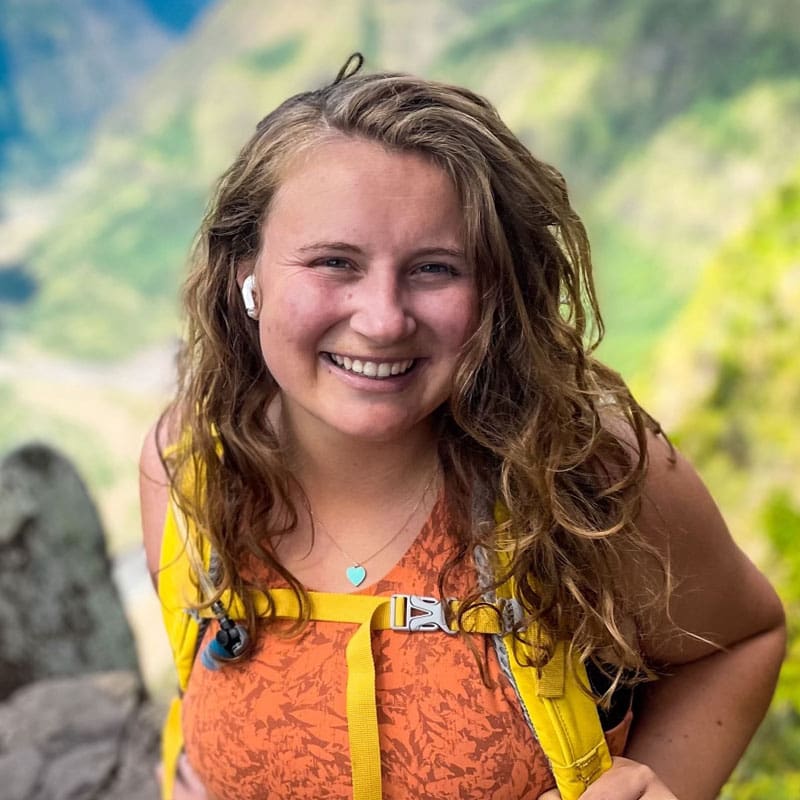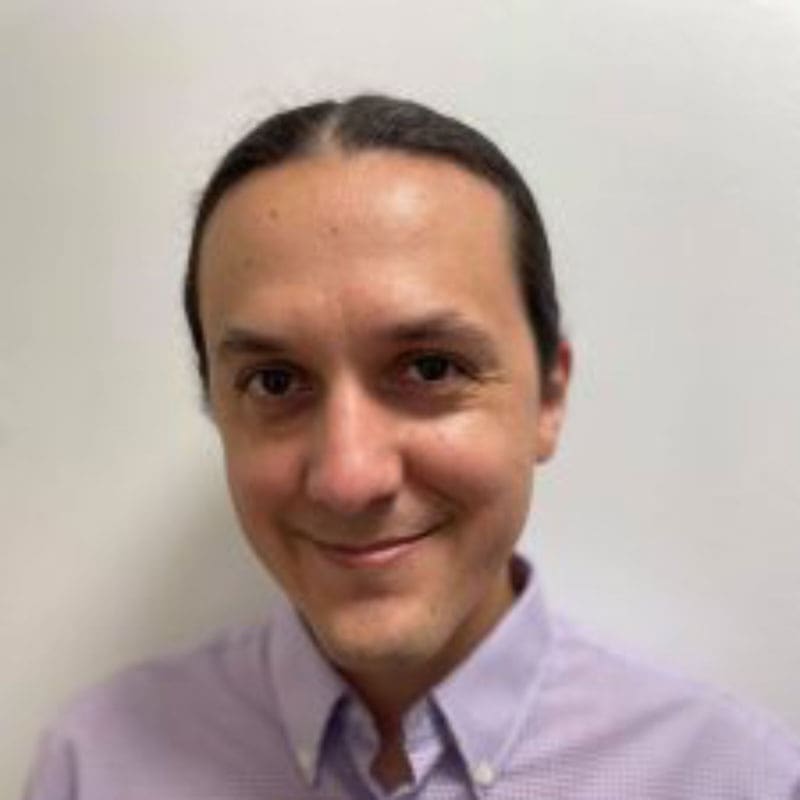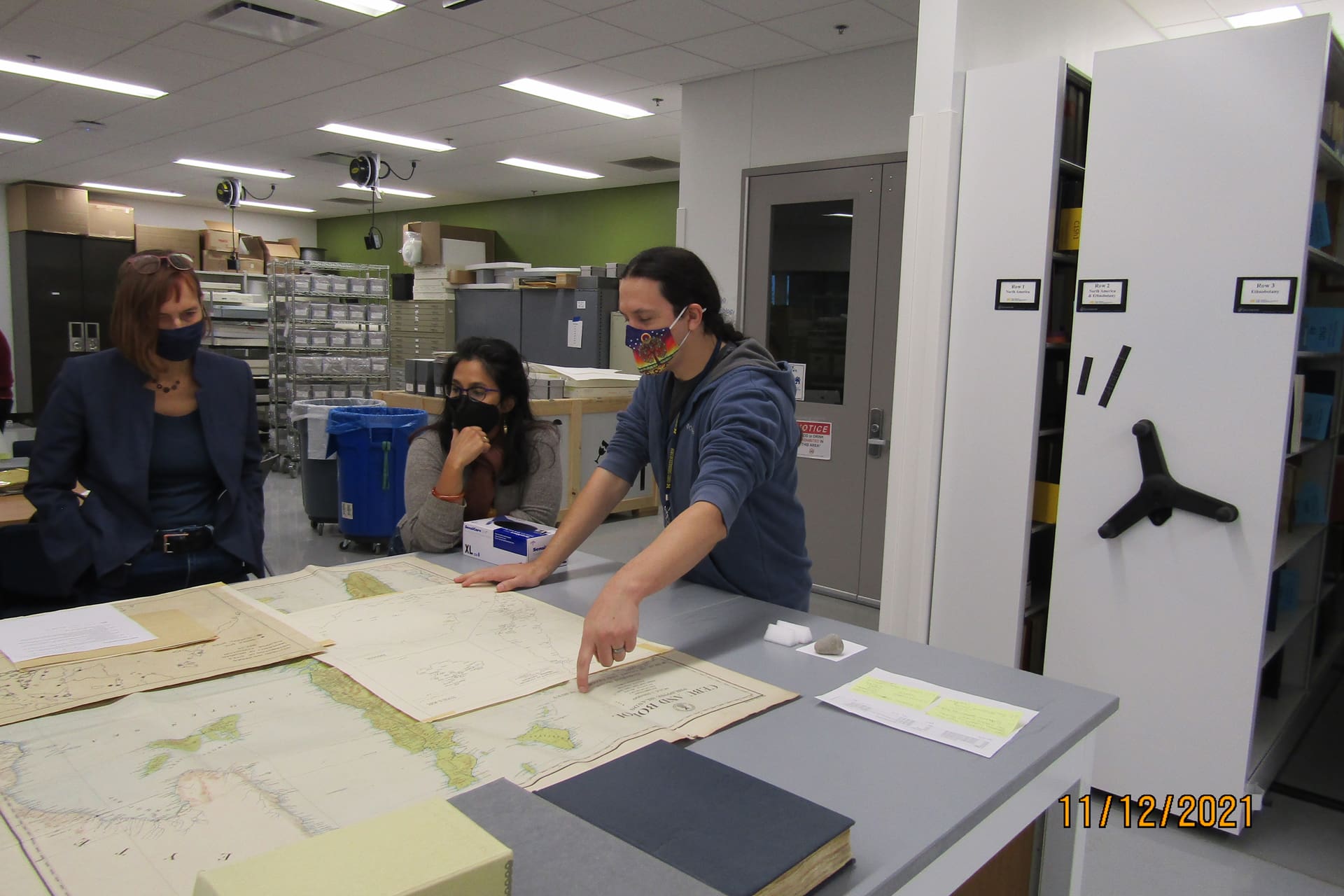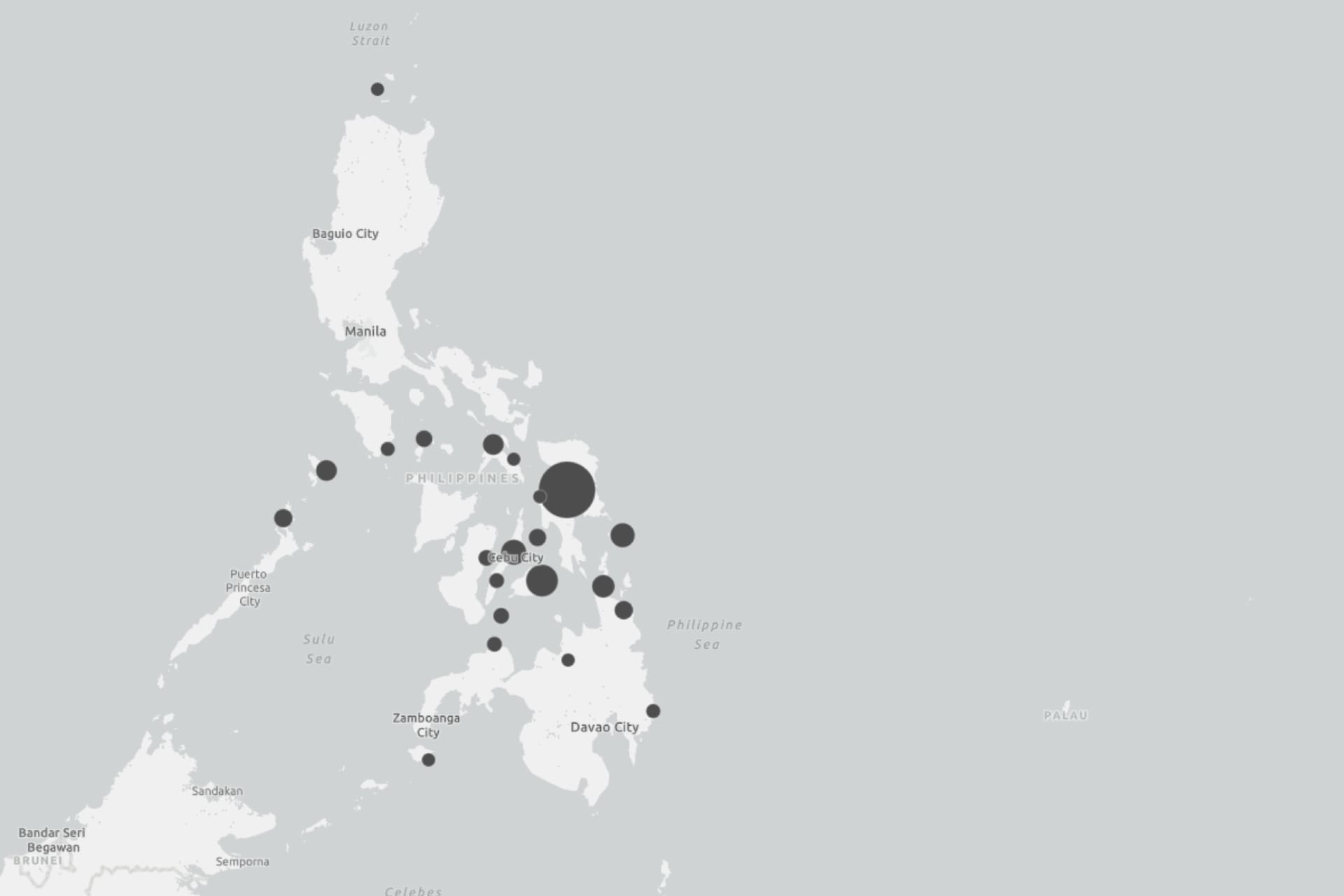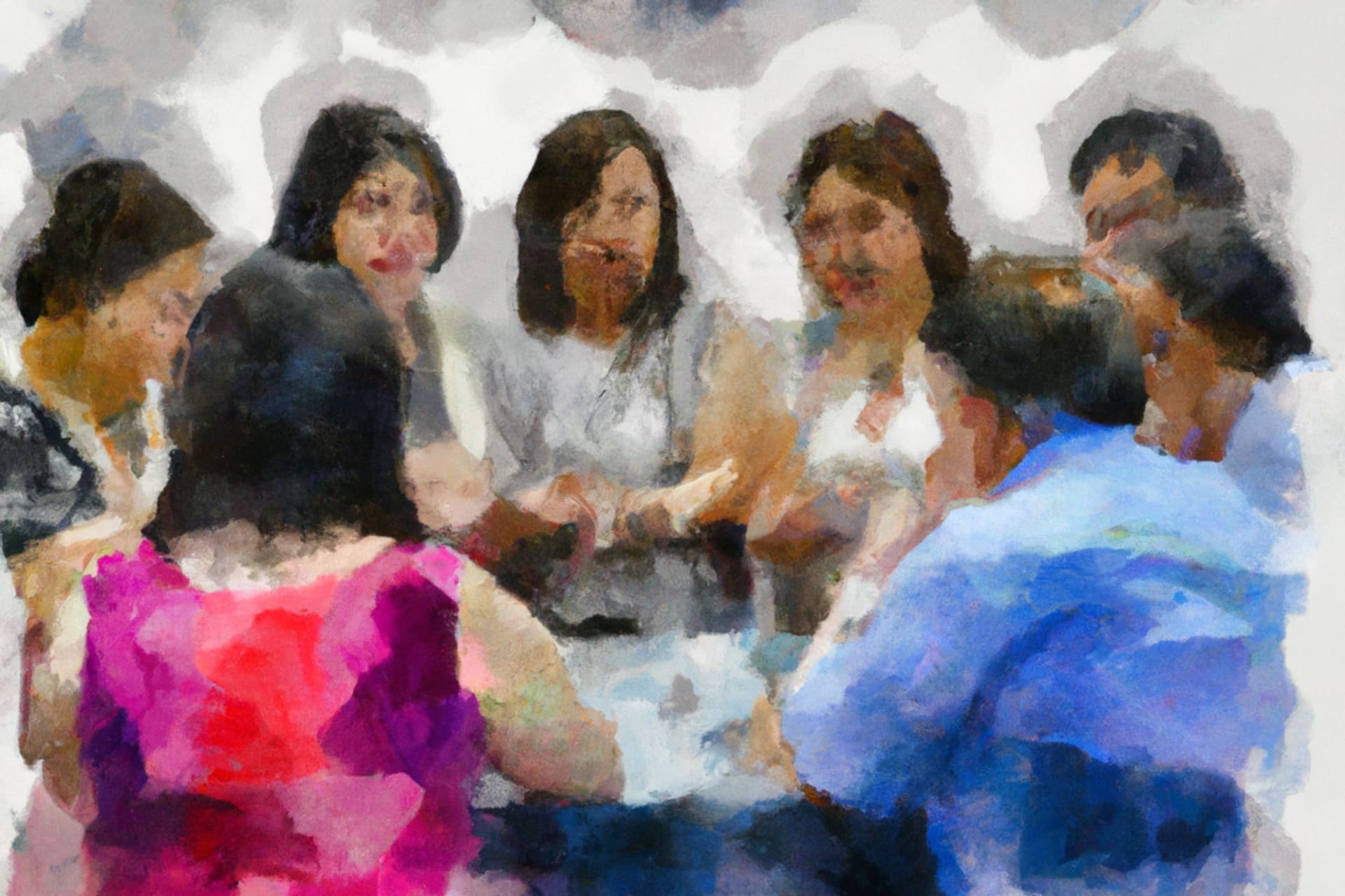The ReConnect/ReCollect project has developed a set of Focus Group Discussion (FGD) protocols that engage diverse perspectives and voices. We chose this method for its capacity to facilitate dialogues involving diverse individuals and encourage the open exchange of ideas. We conducted the focus group sessions via videoconference (using Zoom), which allowed us to recruit participants more broadly. Conducting focus groups on Zoom has its limitations (such as Internet connectivity issues, managing varying time zones, and initial awkwardness of not meeting in person), but it has given us the insights and relationships that will guide future steps. Here we share the four focus group discussion protocols we developed so that others may adopt them for their own purpose.
Between December 2022 and June 2023, we conducted four focus group sessions centered on the collection of human remains housed at the U-M Museum of Anthropological Archaeology (UMMAA). Our interlocutors included Filipino and Indigenous culture bearers, community organizers, and experts in various fields, such as curation, repatriation, law, Philippine cultural studies, and archaeology. Our methodology centered around robust community consultation, placing diverse perspectives at the heart of our efforts.
Our research aimed first to understand the meaning of the collections for various constituencies, especially those of Filipino and Indigenous descent. We asked how we might involve and consult Indigenous communities in our efforts. We then wanted to know how existing legal, ethical, and curatorial protocols might apply to Philippine human remains at UMMAA. Finally, we wanted to consider the steps UMMAA and the University might feasibly take to further develop culturally-appropriate and historically-minded ethical and respectful approaches to the stewardship, representation, and access to Philippine human remains.
